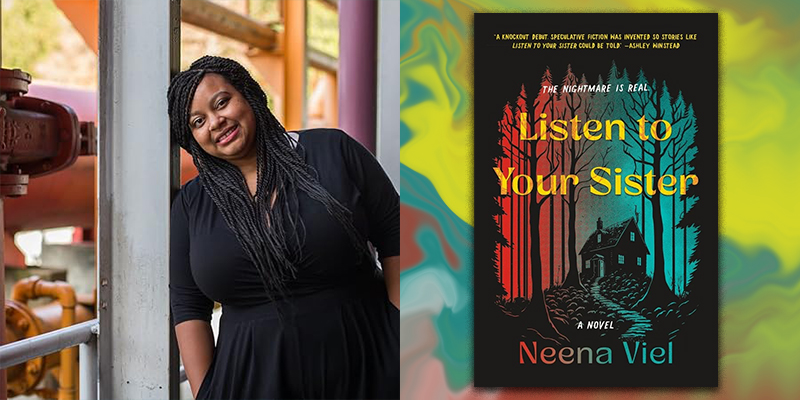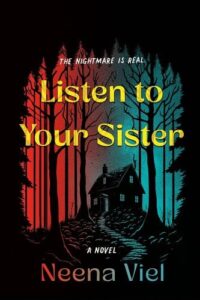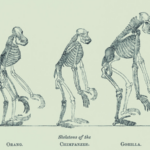We tired as hell.
At this juncture of my life, I find deer more preferable company to people.
I’m tired as hell from a long decade of caretaking and performative allyship and white men getting bonuses when I didn’t even get a cost-of-living adjustment. Like, yes, the deer are also shitting on my lawn, but at least they don’t expect me to clean up after them or save democracy.
Calla, the eldest sister in my debut novel, Listen To Your Sister, is also tired as hell. She’s stretched thin as the new guardian for her troublemaking teenage brother, Jamie. Her middle brother, Dre, promised to help, but he’s not. Calla juggles work, getting food on the table, and the overwhelming anxiety of parenting alone. When Jamie’s antics spiral out of control, it’s on Calla to keep him safe in the aftermath and the siblings escape to a remote cabin in the woods.
Here are five books featuring protagonists like Calla—exhausted Black women who should leave everyone to deal with their own bullshit and take a nap.
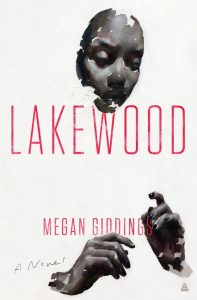
Lakewood by Megan Giddings
Reeling from the loss of her grandmother, Lena’s stress is palpable from the opening pages. The casseroles don’t even have time to cool before she’s weighed down by bills, college assignments, her shift at work, financial insecurity, and her mother’s home health care schedule. When she receives an invitation to participate in the Lakewood Project, a research study, she assumes it’s a scam. But the benefits are too good to pass up¾health insurance for her and her family, housing, and a stipend. In a different country, the promise of health insurance as an incentive would require a suspension of disbelief, but Lena’s mother isn’t well and they don’t live in a country that takes care of its people. The setup had me so pressed on Lena’s behalf.

While We Were Burning, Sara Koffi
After the death of her friend, the white and wealthy Elizabeth hires a young Black woman to be her personal assistant to help her get back on track. Brianna is competent, professional, and doing the absolute most to infiltrate Elizabeth’s affluent neighborhood. The interpersonal dynamics are messy and insidious. Someone in Harbor Town called the police on Brianna’s young son, which ultimately got him killed. And that someone really ought to pay for it.
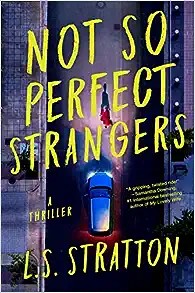
Not So Perfect Strangers, L.S. Stratton
Tasha Jenkins has successfully escaped her abusive husband¾except she’s forced to return when her teenage son opts to stay with his father, trapping her further in a cycle of control and violence. A chance encounter with a white woman who also wants out of her marriage kicks off a modern Strangers On A Train narrative. The relationship between Tasha and her son is gut-wrenching to read, especially as he undermines her efforts to protect him.
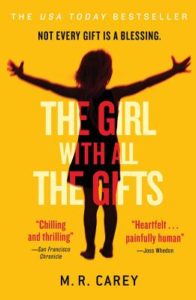
The Girl With All The Gifts, M.R. Carey
To many, this may be Melanie’s story, but you’ll never convince me that Helen Justinaeu isn’t the goat. If escorting a white zombie child across an apocalyptic wasteland isn’t doing the most, then what is? As Helen comes to see the humanity in her feral young charge, she clashes with raiders, scientists, and military bros. I first read this at a time when Black people in zombie stories were still mostly appetizers, so Helen’s journey left a deep impact on me.
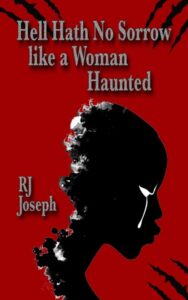
Hell Hath No Fury Like A Woman Haunted, R.J. Joseph
This eclectic and visceral short story collection features Black women in a myriad of situations. They’re everyday women marked by hope, grief, curiosity, and sacrifice as they hold their families, communities, and ancestors together. Sometimes they’re monsters, sometimes they’re victims, but they’re all thrilling. I was especially spellbound by “A Woman’s Work,” “Keep On Trucking,” “Conflict Resolution,” “Into the Nothingness,” and “I Get Mad, Too, Sometimes.” The reading experience is terrifying and permanent. These are stories that will stay with you for a long, long time.
***

